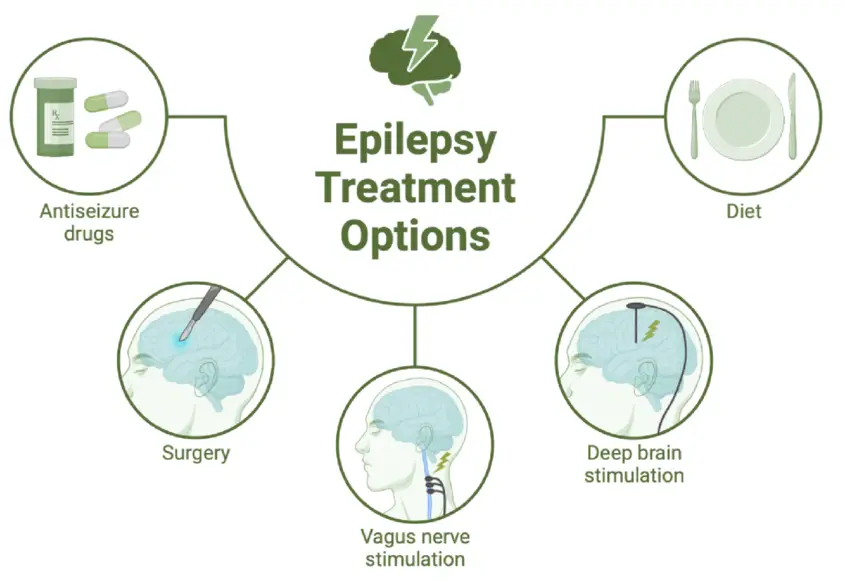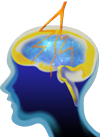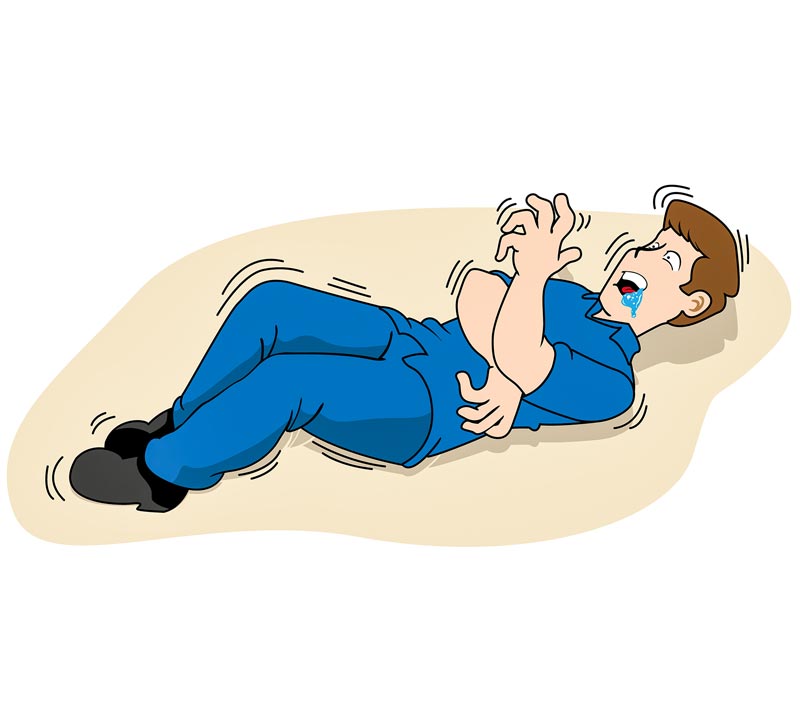Epilepsy Treatment in Mumbai
Epilepsy
Epilepsy is a neurological disorder characterized by recurrent seizures due to abnormal electrical activity in the brain. These seizures can range from brief and nearly undetectable periods to long periods of vigorous shaking. Contrary to common misconceptions, epilepsy is not a psychological disorder but a result of irregular brain function. Affecting about 1% of the global population, epilepsy has a significant impact, with 6 to 10 people per 1,000 in India experiencing this condition.
If you or a loved one suffers from epilepsy, seek immediate treatment by contacting Dr. Amit Shah at 98195 61456.
Causes of Epilepsy
Epilepsy can develop at any age and can be triggered by various factors, including:
👉🏻 Traumatic Brain Injury: Head injuries from accidents or falls.
👉🏻 Brain Tumors: Abnormal growths in the brain.
👉🏻 Viral Infections: Including encephalitis and meningitis.
👉🏻 Neuroinfections: Like brain abscesses and AIDS-related infections.
👉🏻 Age-Related Changes: Neurodegeneration associated with aging.
👉🏻 Alcohol Abuse: Chronic alcoholism can damage the brain.
👉🏻 Vascular Abnormalities: Issues with blood vessels in the brain.
👉🏻 Congenital Metabolic Disorders: Present from birth.
Symptoms of Epilepsy
The symptoms of epilepsy vary based on the type and severity of the seizures. Common symptoms include:
- Staring Spells: Periods of blank staring.
- Diminished Alertness: Reduced awareness and responsiveness.
- Unusual Sensations: Tingling, strange smells, or visual disturbances.
Diagnosis of Epilepsy
Accurate diagnosis is crucial for effective epilepsy management. The diagnostic process typically includes:
- Electroencephalogram (EEG): Measures electrical activity in the brain to detect abnormalities.
- Sleep-Deprived EEG: Used when a standard EEG does not confirm a diagnosis.
- Long-Term Video EEG: For patients with unclear diagnoses or resistant seizures.
- Neuroimaging (MRI/CT Scan): Identifies structural causes of epilepsy. MRI is preferred but CT is used if MRI is unavailable or unsuitable.
- Blood Tests: Evaluate glucose, electrolytes, calcium, and other biochemistry to identify underlying causes.
Treatment Options for Epilepsy
Epilepsy treatment aims to control seizures with minimal side effects. Common treatments include:
- Anti-Epileptic Drugs (AEDs): First-line treatment to manage seizures effectively.
- Vagus Nerve Stimulation (VNS): Implanted devices to reduce seizure frequency for those who do not respond to AEDs.
- Ketogenic Diet: High-fat, low-carbohydrate diet mainly used for children when AEDs are ineffective.
- Epilepsy Surgery: For patients with drug-resistant epilepsy, surgery can be highly effective. It involves removing the seizure focus in the brain, guided by advanced imaging and monitoring techniques.

Personalized Epilepsy Care with Dr. Amit Shah
Take a step towards better health with Dr. Amit Shah, a leading neurologist for epilepsy in Mumbai. 📞Call 98195 61456 or book your consultation online today to explore advanced treatment options tailored to you.
To visit Dr. Amit Shah’s Clinic click here.

